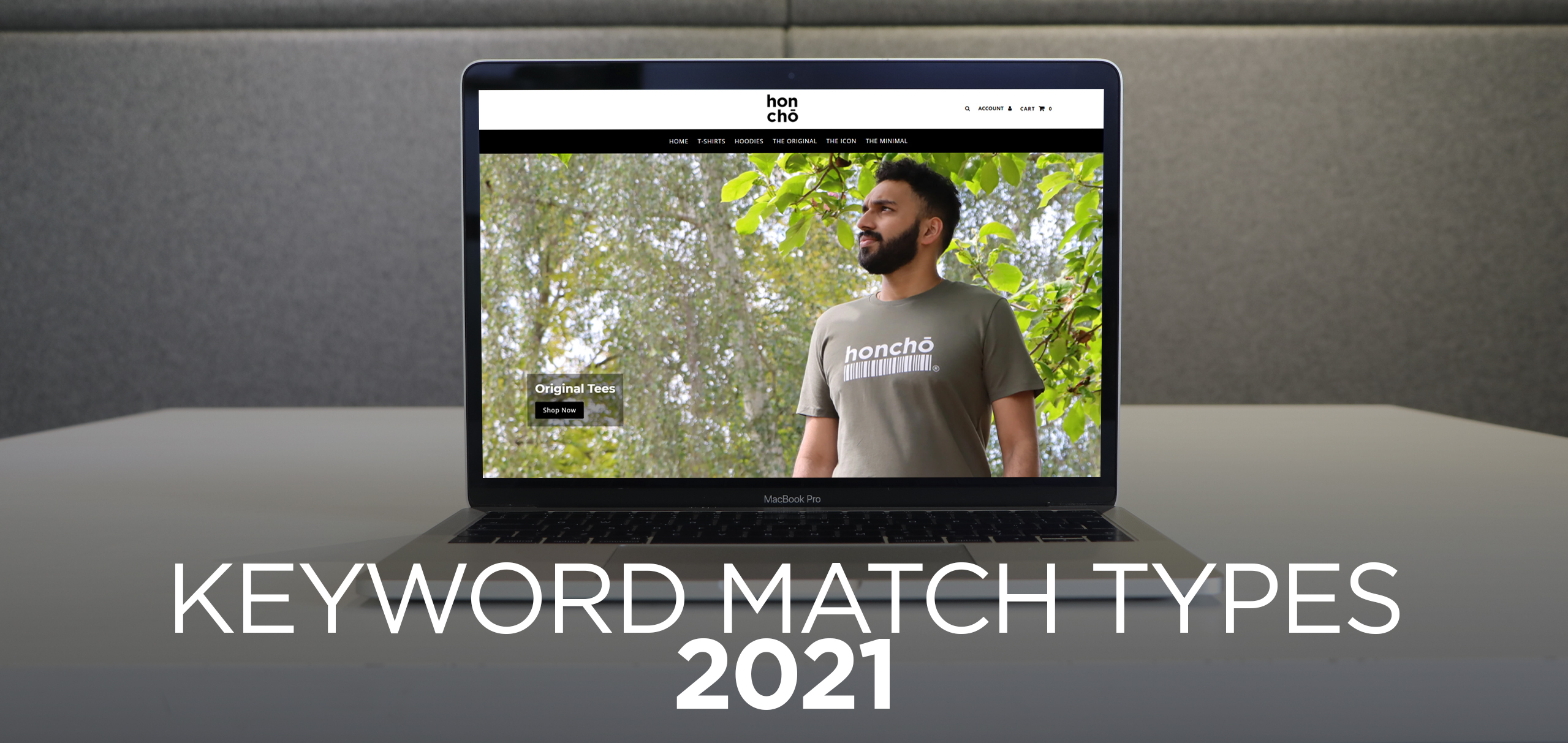3 min read
Bon Voyage to the Ordinary: Top Ecommerce Trends for Travel Brands in 2024
The travel industry is taking flight in the digital realm. As wanderlust reigns supreme, travel brands need to equip themselves with...

In paid search, a keyword match type is what dictates how closely a keyword has to match with a search term for an ad to be considered for the auction.
But how these match types work has changed.
Advertisers on Google Ads will likely know match types to work as follows:
So far in 2021, broad match modified has been binned, with phrase match being adapted to capture BMM searches. But how the classic three match types work has also changed.
There’s a much bigger focus now on the meaning and intent behind a search term – as determined by Google’s AI.
Here’s what’s changed for each match type as per Google’s help page:
As Google explains, exact match will offer the tightest matches, phrase match will offer moderate matches and broad match will offer loose matches. This is a premise that we’re pretty used to already as advertisers, given that we are seemingly getting less and less data transparency with every passing day.
With that said, the actual impact of these changes, just as with the collapse of BMM into phrase match, will likely be pretty minimal.
The changes to broad match are of particular interest. Handing Google total control by using broad match keywords was never considered best practice, given the high chance of wasting spend on irrelevant search terms.
But the new parameters given to broad match to help determine meaning and intent does seem to be some sort of resolution for that problem. Given that a broader pool of keywords is recommended when using automated bidding strategies, these changes to broad match are welcome.
The AI for broad match keywords may now pick up on search terms that don’t otherwise seem relevant to the naked eye. So one way this might influence advertisers is that maybe we shouldn’t jump the gun when deciding what search terms are relevant or not.
A broad match search term that would usually look irrelevant to us may actually have come through based on previous relevant searches from the user. As always, conversion tracking will be very important to determine which search terms are driving qualified traffic to our campaigns.
Stay up to date with the latest Google Ads updates and Paid Media news on our LinkedIn.

3 min read
The travel industry is taking flight in the digital realm. As wanderlust reigns supreme, travel brands need to equip themselves with...

2 min read
The fashion scene is undergoing a digital makeover. With consumer habits constantly shifting, fashion brands need to adapt and embrace innovative...

2 min read
The home and garden landscape is blooming in digital. As consumer preferences evolve, home and garden businesses need to cultivate innovative...